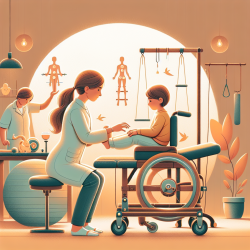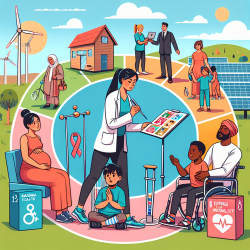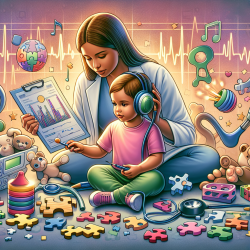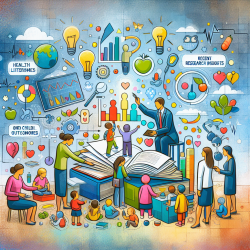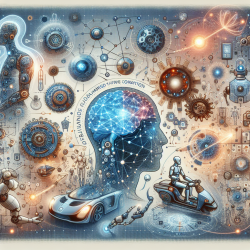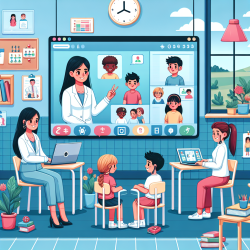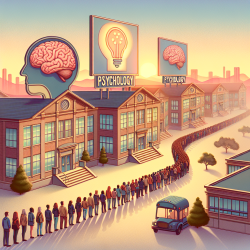In the field of pediatric rehabilitation, the importance of aligning the expectations of physiotherapists (PTs) and mothers (Ms) of children with cerebral palsy (CP) cannot be overstated. The research article "Expectations from Rehabilitation of Children with Cerebral Palsy: The Agreement between the Physiotherapists and Mothers" sheds light on the discrepancies and agreements between these two groups. By understanding and implementing the findings of this study, practitioners can significantly enhance the outcomes of their rehabilitation programs.
Key Findings of the Study
The study, conducted by Kavlak et al., involved 130 children with CP, their mothers, and 130 PTs. It aimed to examine the agreement between PTs and Ms regarding the treatment provided to the children. The study found:
- A statistically moderate level of agreement between PTs and Ms on the appropriateness of the treatment provided.
- Statistically insignificant agreement regarding the applied treatment methods and the appropriateness of the rehabilitation programs.
Implications for Practitioners
The findings of this study highlight the need for PTs to actively involve mothers in the rehabilitation process. Here are some actionable steps practitioners can take:
1. Enhance Communication
Regular and open communication between PTs and Ms is crucial. PTs should take the time to explain the treatment methods and expected outcomes in detail, ensuring that mothers fully understand the rehabilitation process.
2. Incorporate Mothers' Input
Given the moderate agreement on treatment appropriateness, it is essential to incorporate mothers' views and expectations when designing rehabilitation programs. This collaborative approach can lead to more tailored and effective treatment plans.
3. Provide Education and Training
The study found that 83.1% of mothers had 12 years or less of education. PTs should provide comprehensive education and training to mothers, empowering them to support their children's rehabilitation at home. This can include teaching specific exercises and explaining the importance of consistency in therapy.
4. Foster a Supportive Environment
Mothers of children with CP often face significant emotional and psychological challenges. PTs should foster a supportive environment, offering resources and support groups to help mothers cope with these challenges and remain engaged in their children's rehabilitation.
Encouraging Further Research
While this study provides valuable insights, further research is needed to explore the long-term effects of increased mother-PT collaboration on rehabilitation outcomes. Practitioners are encouraged to participate in or conduct research that continues to investigate the best practices for involving mothers in the rehabilitation process.
To read the original research paper, please follow this link: Expectations from Rehabilitation of Children with Cerebral Palsy: The Agreement between the Physiotherapists and Mothers
